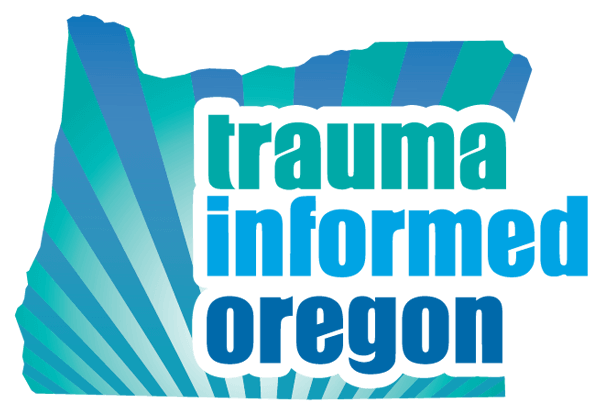Blog
 Addictions: The Ultimate Irony of Coordinated Care
Addictions: The Ultimate Irony of Coordinated Care

June 4, 2018
From Cindy Becker, Health Systems Professional
The numbers of people with addictions grows exponentially, the financial loss is in the tens of million, the costs to families are unfathomable, and the foster care system is imploding from the fallout. But wait—we have a new focus on whole person health, so why aren’t we getting traction? Aren’t addictions connected to overall health? Aren’t addictions associated with trauma? So, what’s the problem?
The problem is the reality and perception of federal barriers that prevent sharing information about people with addictions without their individual consent. No, I’m not talking about Health Insurance Portability and Accountability Act (HIPAA) because HIPAA allows sharing physical and mental health information (except psychotherapy notes) among providers for treatment, payment, or operations without individual consent. It’s 42 CFR Part 2 that is the stumbling block as it requires individual signed consent for sharing of any info by addictions providers.
Research on Perceived Barriers of 42 CFR Part 2
Researchers from OHSU and Public Health recently investigated the perceived impacts of 42 CFR Part 2 on coordinated care. Click here to read the report.
Upon interviewing CCOs and addictions providers they found: “CCO leaders felt the primary concerns with 42 CFR part 2 were (a) legal confusion and uncertainty and (b) inhibited communication and information sharing. Addiction treatment directors agreed and added that primary care providers did not understand the regulations. They also commented on the challenges of getting patients to consent to sharing information with primary care providers.”
And while SAMHSA has proposed some revisions, 42 CFR part 2, the related diagnostic and procedure codes must still be separated with restricted access, requiring consent management functionality which many electronic health record system’s don’t have.
Call for Modernization
It continues to amaze me that we know how disruptive addictions are to individuals, families, and communities. We know how much addictions contributes to other illnesses. We know that the best programs integrate a variety of services into a whole health approach. And, we know the stigma attached to addictions. Interestingly, you can substitute “mental illness” for “addictions” in the preceding sentences and it’s the same issues, yet our laws have progressed to address the importance of getting coordinated treatment. Don’t people suffering from addictions deserve the same?
Let’s get our elected leaders and federal agencies into the twenty-first century and align information sharing for addictions with other health issues!
